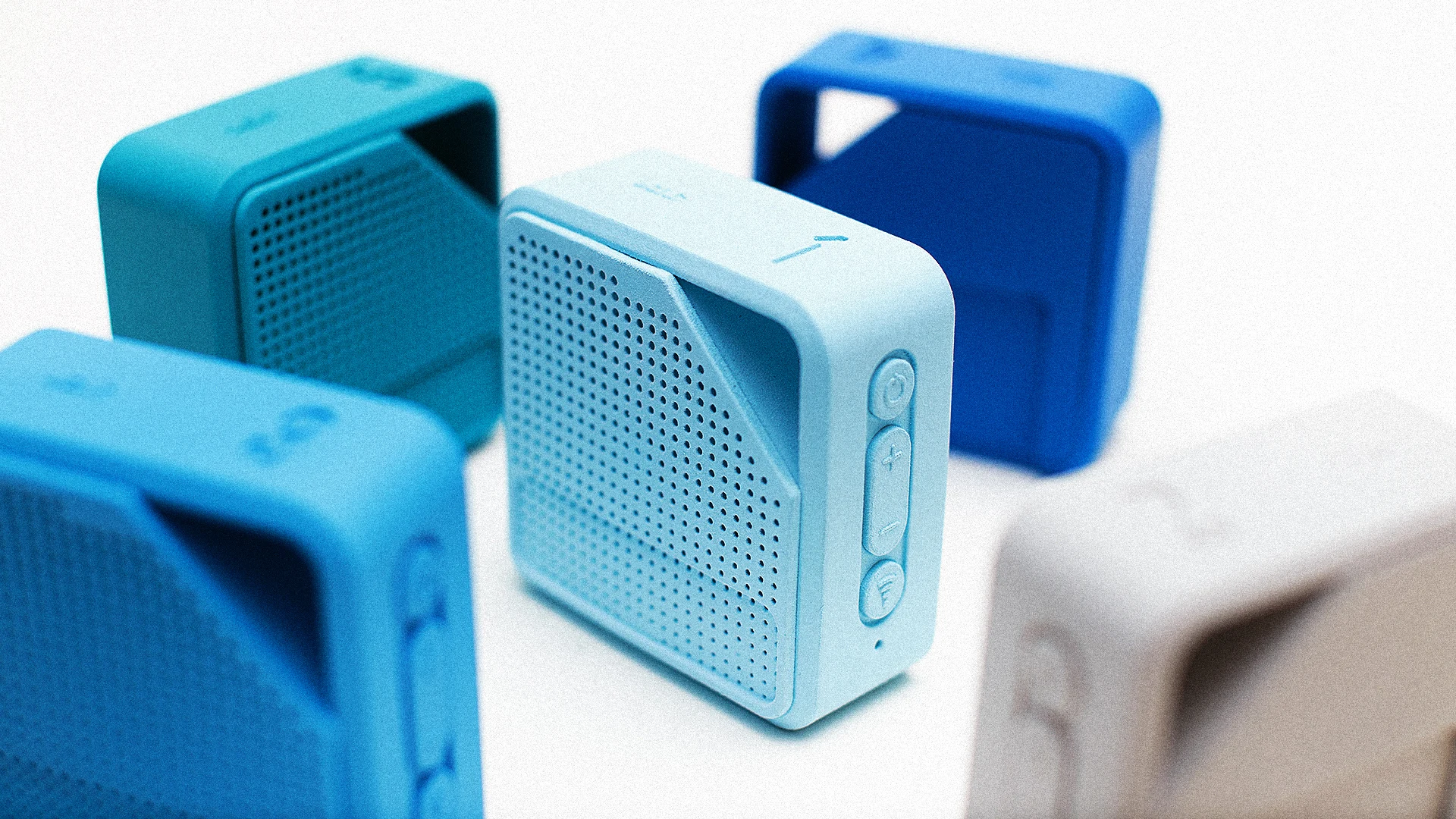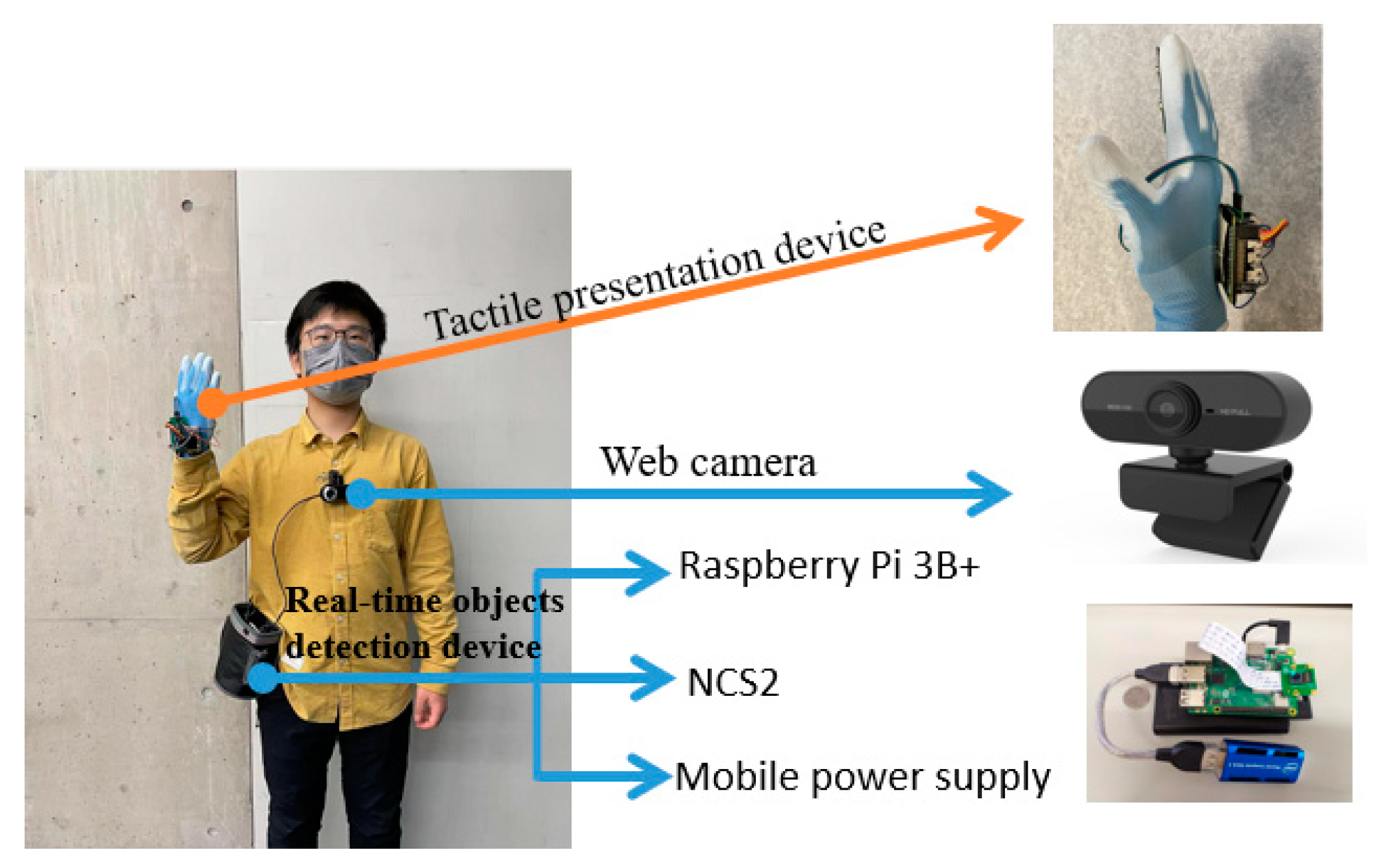Empowering Freedom With Assistive Modern Technology for the Blind
The combination of assistive modern technology into the lives of people with visual impairments represents a significant improvement in advertising independence and self-sufficiency. From cutting-edge display visitors to innovative clever walking sticks, these devices not just boost everyday navigating and communication but also encourage customers to engage meaningfully in numerous elements of life. As we discover the myriad benefits and real-world applications of these technologies, it ends up being essential to analyze the underlying variables that add to their performance and the possibility for future developments in this essential area.
Summary of Assistive Technology

The growth of assistive technology is grounded in concepts of inclusivity and empowerment. Advancements in software application, hardware, and sensory improvements provide individuals with choices customized to their particular demands. From screen readers that convert text to speech, to tactile tools that share information via touch, these devices transform the method individuals engage with their surroundings.
In addition to functional applications, assistive technology cultivates higher social addition and engagement in various fields, consisting of education and employment (Assistive technology for the blind). As r & d remain to evolve, the potential for assistive innovation to further enhance the lives of aesthetically impaired individuals remains promising, leading the way for a much more fair culture where everybody can prosper
Types of Assistive Gadgets
A range of assistive tools have emerged to sustain people with aesthetic disabilities, each made to meet specific requirements and enhance daily performance. These devices range from low-tech options to modern innovations, offering varied options for users.
Low-tech tools include magnifiers and large-print materials that aid in reading and writing. Braille tools, such as Braille styluses and slates, enable responsive analysis and communication. Alignment and flexibility aids, like white walking canes, assist customers browse their setting securely.
On the higher end of the spectrum, digital zoom systems and display visitors offer significant assistance. Electronic magnifiers allow individuals to expand text and images on screens, while display visitors transform electronic material right into manufactured speech, promoting access to details on smart devices and computer systems.
Mobile phone applications also play a crucial role, providing functions like text acknowledgment and navigating assistance. Wearable modern technology, such as clever glasses outfitted with enhanced truth, is arising as an encouraging tool to boost situational recognition.
Advantages of Assistive Modern Technology
The integration of assistive modern technology considerably boosts the top quality of life for individuals with aesthetic impairments. These technologies equip users by promoting freedom, enabling them to navigate their settings much more successfully and do daily tasks with better convenience. Display visitors and magnifying software application enable individuals to accessibility electronic details, promoting expert and educational chances that may have previously been out of reach.
In addition, assistive devices such as wise canes and GPS applications offer real-time navigating help, boosting mobility and safety and security. This boosted autonomy not just improves self-worth but additionally urges social engagement, enabling individuals to take part even more totally in their areas.
Assistive site web modern technology likewise facilitates communication, helping this website customers get in touch with others via voice recognition and text-to-speech applications. This capability is essential for keeping connections and accessing important details.
Furthermore, the modification options readily available with numerous assistive innovations make sure that individuals can customize devices to their specific requirements, additionally improving functionality and performance. In general, the benefits of assistive technology for individuals with aesthetic disabilities are profound, promoting a more comprehensive culture where everyone can seek their goals and goals.
Instance Studies and Success Stories
Highlighting the transformative effect of assistive innovation, numerous situation research studies illustrate exactly how people with aesthetic impairments have actually successfully integrated these devices into their every day lives. One compelling example involves an university student that made use of screen reading software to browse on-line sources and scholastic materials efficiently. This technology not just promoted her education yet also enhanced her self-confidence in taking part in conversations and group tasks.
Another situation study features an expert who employs a mobile phone application made for navigation and things acknowledgment. By using this app, he has reclaimed autonomy in both his individual and workplace, enabling him to commute individually and involve with coworkers much more properly.
Additionally, a retiree shared her experience with braille e-readers, which enabled her to access a substantial range of literary works and stay gotten in touch with her community via publication clubs.
These success tales emphasize the important function of assistive innovation in promoting self-reliance, improving quality of life, and advertising social assimilation for people with visual disabilities (Braille displays and notetakers). By welcoming these cutting-edge devices, users can overcome difficulties and take possibilities that add to their specialist and personal fulfillment

Future Patterns in Assistive Modern Technology
Development in assistive innovation is poised to redefine the landscape of assistance affordable eye exam near me for people with visual disabilities. Emerging patterns emphasize the combination of fabricated intelligence (AI) and artificial intelligence, which boost the capability of devices that help with navigating and info access. For example, AI-driven applications are currently efficient in interpreting aesthetic data in real-time, making it possible for customers to engage with their environment more separately.
Furthermore, the growth of wearable innovation is progressing swiftly. Smart glasses outfitted with augmented fact (AR) can supply audio descriptions of environments, changing how customers engage with public areas. These gadgets not just promote autonomy but likewise foster social incorporation.
Additionally, the Internet of Points (IoT) is making homes smarter, enabling smooth connectivity between everyday devices and assistive gadgets. This connectivity empowers customers by enabling automated feedbacks and voice-activated controls customized to private demands.
Conclusion
In verdict, assistive innovation plays a critical role in equipping individuals with aesthetic impairments by improving their self-reliance and interaction with their surroundings. The diverse variety of applications and tools offered not just helps with navigating and interaction but likewise advertises social integration and chances for professional and individual development. As developments proceed in this area, the potential for boosting the quality of life for those with aesthetic problems will certainly increase, fostering higher freedom and empowerment.

Comments on “Voice-Activated Assistive Devices: Simplifying Regular Tasks”